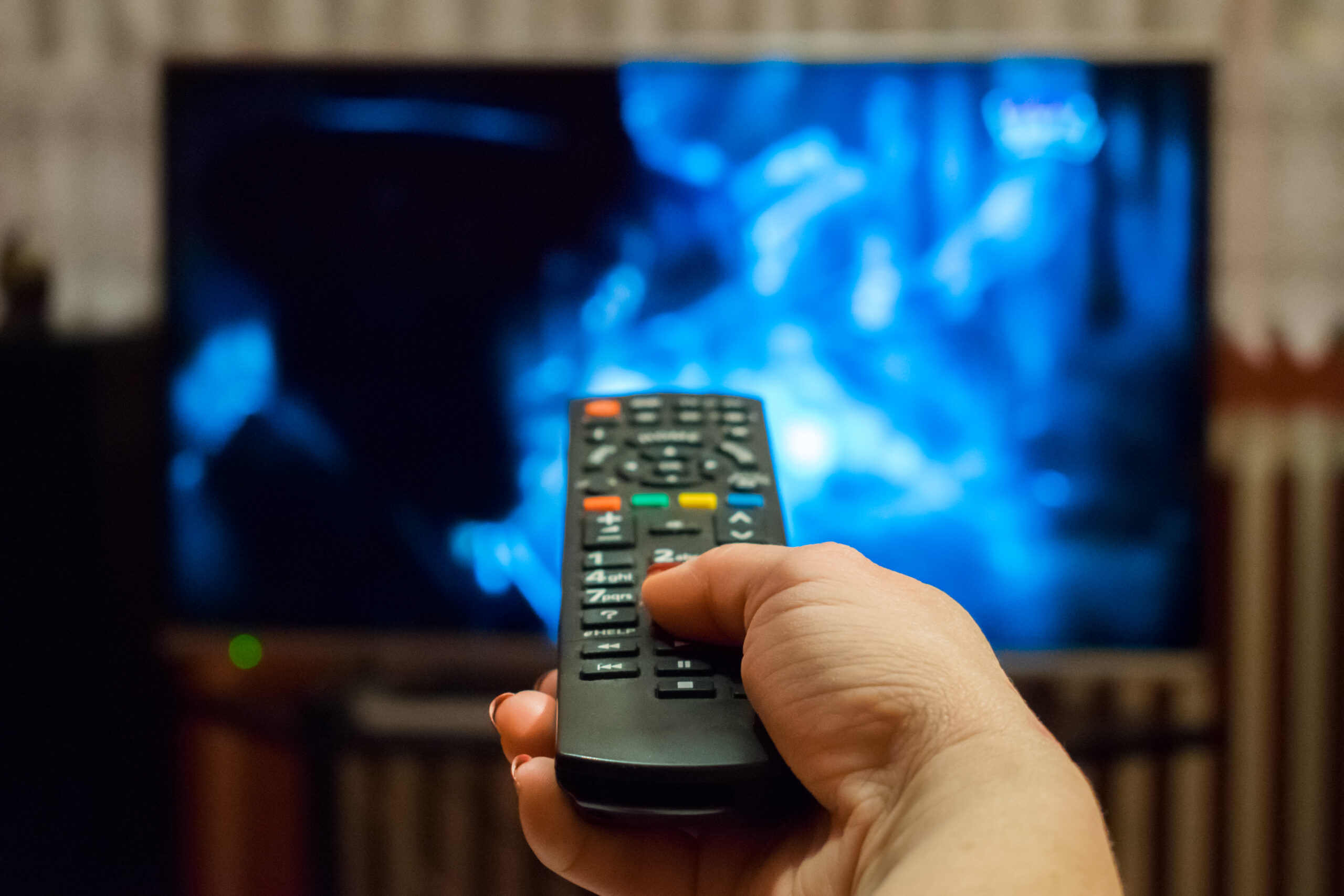Today, NAB urged the Federal Communications Commission (FCC) to eliminate its cap on the percentage of Americans any one broadcast group can serve. Only broadcasters are limited in how many U.S. households they can serve – no other medium is subject to this arcane rule.
The process to reconsider the rule was initiated under FCC Chairman Ajit Pai in 2017, yet the Commission has not acted despite the rise of nationwide and global streamers as well as the increasing dominance of Big Tech.
Outdated rules prevent local TV broadcasters from owning stations across the country that, combined, have the potential to reach more than 39% of U.S. television households, regardless of actual viewers. In contrast, Big Tech platforms, cable TV and streaming services, such as Amazon, Netflix and YouTube, are not subject to any constraints. They can reach 100% of national audiences in addition to their global reach.
An increasing number of Americans report regularly getting their news from social media sites such as Facebook (30%) and TikTok (17%, including nearly 40% of adults under 30), and these numbers are only projected to grow.
Broadcasters invest in local journalism to provide Americans’ most trusted news. As misinformation flourishes, this service is increasingly vital. But as a result of out-of-date FCC restrictions on local broadcasters, Big Tech has even more control over what Americans get to see and hear.
Competition has become so fierce, and the market so tilted in favor of streaming and Big Tech that NAB is asking the FCC to take immediate and decisive action to remove the broadcast ownership cap that gives Big Tech an unfair advantage over local stations.
No other industry faces the same restriction, and it flies in the face of good sense, fairness and commitment to the America people to artificially limit a local TV station group’s ability to serve viewers throughout the country.
The existing rules are not sustainable, and if the FCC does not act immediately, it will be aiding Big Tech’s takeover of media and potentially sounding the death knell for local stations.
Take action now to urge your legislators and regulators to modernize the rules and give local stations a fair chance to compete.





